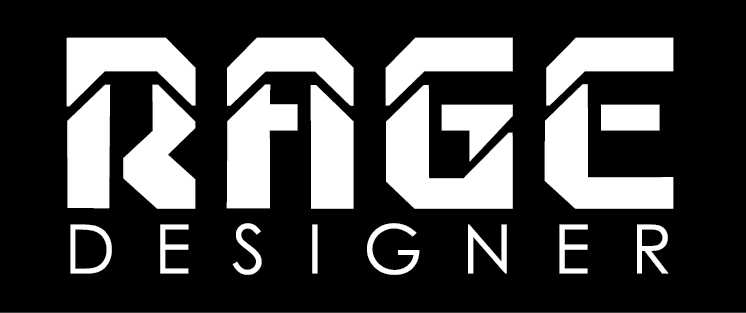The ultimate goal of Bitcoin adoption is self-sovereignty. This concept refers to having complete control over your assets, data, and identity. In traditional financial systems, you rely on banks and governments to manage your money. With Bitcoin, you are your own bank. You control your funds, and no one else has access to them without your private keys.
Raoul Pal encapsulates this idea: “Bitcoin is the greatest form of financial freedom ever invented. It puts control into the hands of the individual, allowing them to bypass the traditional financial system entirely.”

